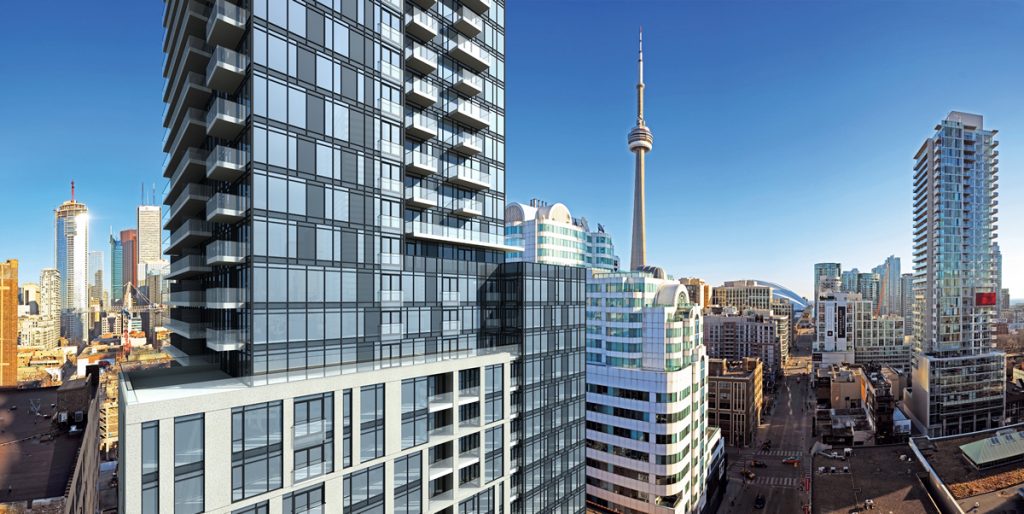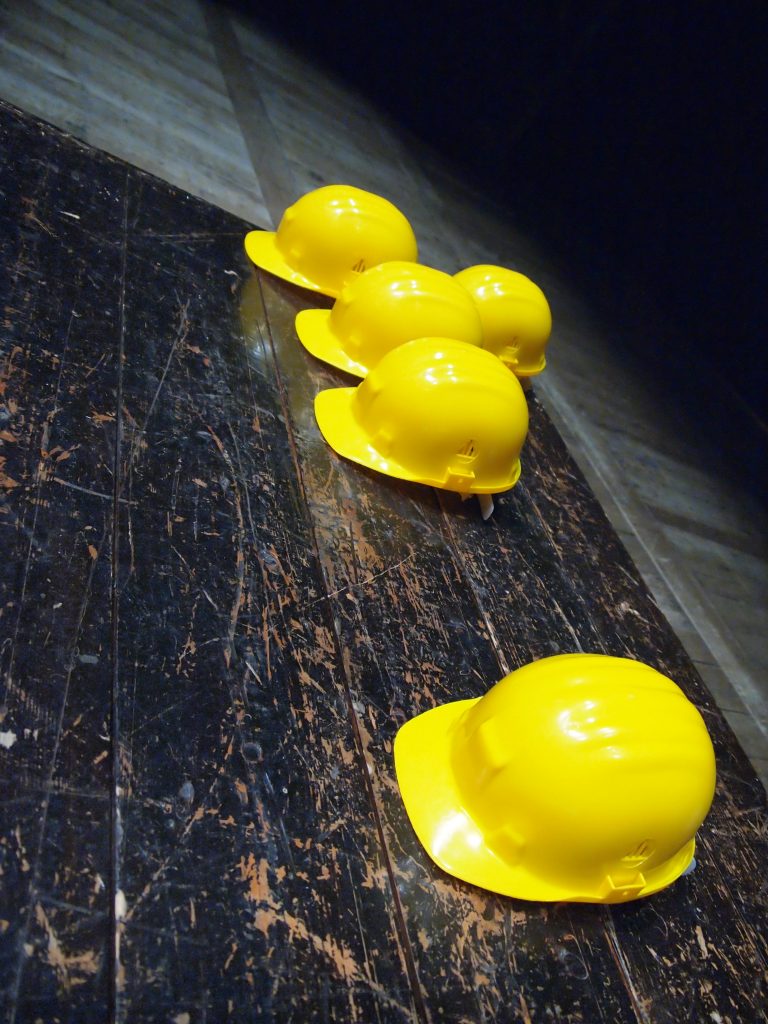
Share this post!
Everything you need to know about reserve fund study.
Whether you sit on a condo board of directors or own a condo, understanding the ins and outs of condo management can be a big benefit. One of the most important aspects of condo management is the reserve fund study. According to the Condominium Act, 1998 all condos require what is called a “reserve fund” to cover major repairs and replacements required for the condominium’s maintenance.
Here we provide everything you need to know about reserve funds and reserve fund study.
The Reserve Fund
As mentioned, a reserve fund is required by all condominiums. It is set up as a separate account from the account that provides day to day operating funds for the condominium. The account can be held with a bank, loan and trust corporation or credit union. The funds help maintain costs associated with repairs outside of the common expenses, ensuring the condo management/board always has enough money to cover major repairs that will arise in the future. Without the reserve fund, most condominiums would not be able to cover major renovation and replacement costs.
The fund receives money from all owners of the condominium units.
What is a Reserve Fund Study?
It is difficult to imagine how much money would be required for these major repairs. How does the management team know what to charge to create their reserve fund? This is where the reserve fund study comes in. The study helps pinpoint a suitable number required in the reserve fund to cover these future projects.
“But the reserve fund study is much more than an assessment of the required expenses. When done strategically, it’s a combination of the engineering and financial analysis,” points out Vadim Koyen, the President of CPO Management Inc. – a property management company operating condos across the Greater Toronto Area.
For new condominiums, a reserve fund study must be conducted in the first year. Management then must conduct a study every three years.
Who Conducts a Reserve Fund Study?
A reserve fund study is quite detailed and technical. Therefore, an experienced specialist such as an engineer is hired to complete the study. The specialists are often members of the Appraisal Institute of Canada, or the Ontario Association of Certified Engineers.
“Our experience shows that an intelligent support from a property management company in the reserve fund study preparation not only adds tremendous value and important insights to engineers and the analysis but can also save the corporation millions of dollars,” adds Vadim Koyen of CPO Management Inc.
The specialists will examine the following:
- All systems such as heating and cooling
- Garages
- Balconies
- Windows
- Roofs
- And more
The results are then presented to the board along with a fundraising plan.
What Information does the Condo Provide?
The condo board has to provide the following information to the team conducting the reserve fund study:
- As‐built specifications for the property
- The condo Declaration and Description
- The Condo By‐law
- Reciprocal cost-sharing agreements
- Past reserve fund studies
- Recent audited financial statements and current annual fund contribution
- The interest rate on the Corporation’s Reserve Fund investments
- A list of completed repairs or replacements with dates and costs
- Any scheduled future work
- Problems and complaints the board is aware of
This information helps keep the new study team informed of past issues that could affect their study.
What is Presented?

The reserve fund study will include the following information:
- All expected repairs or replacements
- Estimates for a reasonable timeline in which the repairs or replacements will be required
- Estimated cost for each expenditure broken down by year
- Additional assumptions
- What contributions would be required for the reserve fund to cover the costs of the projected expenditures
- Required increases to contributions for the next three fiscal years
How the information is presented can vary. For example, some studies might include a number of scenarios for each expenditure, so the board has choices and best-case scenarios to consider. As well, the financial recommendations might vary. In some cases, the recommendations might be 10% of the condo fees go towards the funds and an increase will be applied, of say 1% annually for a 10-year period.
Educated Guess
One of the reasons the reserve fund study must be conducted by accredited experts is that no one is truly able to provide exact numbers or foresee the future. Educated guesses based on the information at hand provide the data for the reserve fund study. There has to be room for possible inaccuracies. For example, an estimate for elevator repairs in five years might stretch out longer to say 10. If this happens then the estimated budget could be far too low and higher costs will be incurred as a result.
Some common issues with reserve fund studies could include:
- A poorly maintained building might require replacements or repairs earlier or for more serious issues than reported
- There could be emergency repairs or replacements required i.e. repairs to damages due to a storm
The board has the information required to make informed decisions but might decide to delay certain recommendations. This can also greatly impact costs.
The Decision for the Board of Directors

The directors have 120 days to decide if they wish to proceed with the plan, outlined in the reserve fund study or if they want to consider another plan. Condo owners have the right to also review the reserve fund study. Therefore, the board has 15 days to get the info to the condo owners in hand with their plan for implementation. After 30 days the board can implement the plan.
Common Expenses Fee
The condo developer or declarant will have estimated the amount of fees required to cover the operation of the condo as well as reserve fund contributions. This is done even before people have moved into the condo, or the units have been sold. Unfortunately, these numbers can sometimes be low balled so that potential buyers will not be worried about higher fees. Once the condo is in full operation, it becomes clearer what costs are actually associated with maintenance and future repairs.
What the Reserve Fund Covers
The reserve fund can only be used to cover major repairs or replacements of existing assets. This means the funds cannot be used towards anything new. For example, a condo cannot choose to install new marble floors in the lobby if the floor in the area has always been less expensive tiles. On the other hand, something like energy-efficient windows might be considered eligible for an upgrade since there are new rules under the Energy Conservation Leadership Act that would consider this a necessary replacement.
The Reserve Fund Balance
Of some concern to both the board and owners, there can be fluctuations expected in the reserve fund balance. Where expenditures in a given year are minimal there could be a surplus, while in years where costs are higher or unexpected issues arise, it could be lower. In theory, ongoing contributions will keep the balance replenished, but if forecasts have been inaccurate it could lead to issues. In general, forecasts try to take into consideration the impact of expenditures each year and estimate the required contributions to cover the expenses.
When the balance becomes low, it is considered a “critical year.” In these cases, it is possible the fund will not be able to cover unexpected repairs or replacements that arise.
Your budget and operating cash flow must support your building’s needs. Having proper management can help you avoid financial challenges that put your condo at risk. You need a preventative strategy to ensure your finances remain sound to cover maintenance needs. At CPO Management we can assist your condominium in effective management to ensure repair and replacements costs are minimized and finances are always available. Contact us today.
